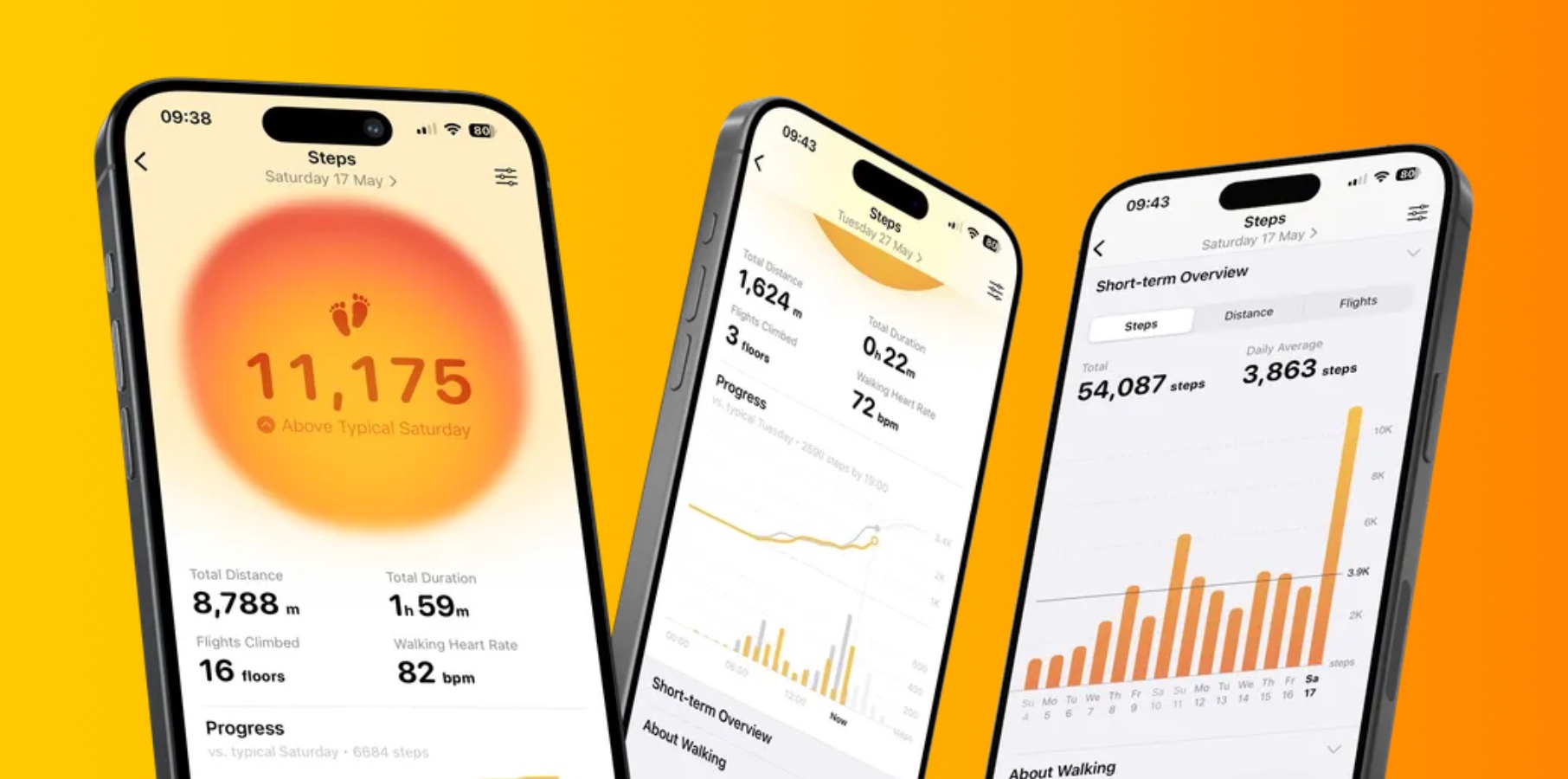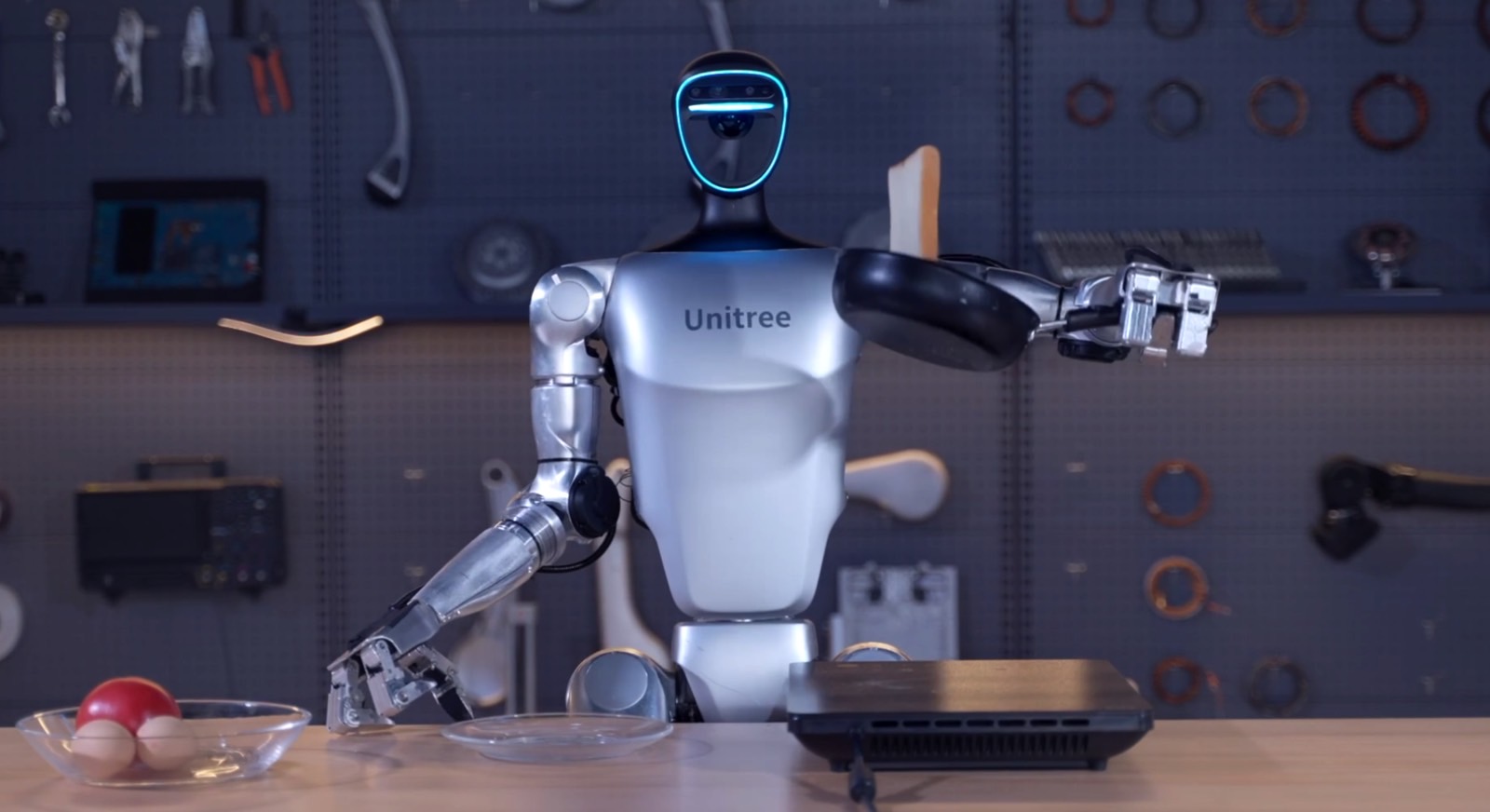Now Reading: ChatGPT just got a lot more personal, but not for everyone
-
01
ChatGPT just got a lot more personal, but not for everyone
ChatGPT just got a lot more personal, but not for everyone
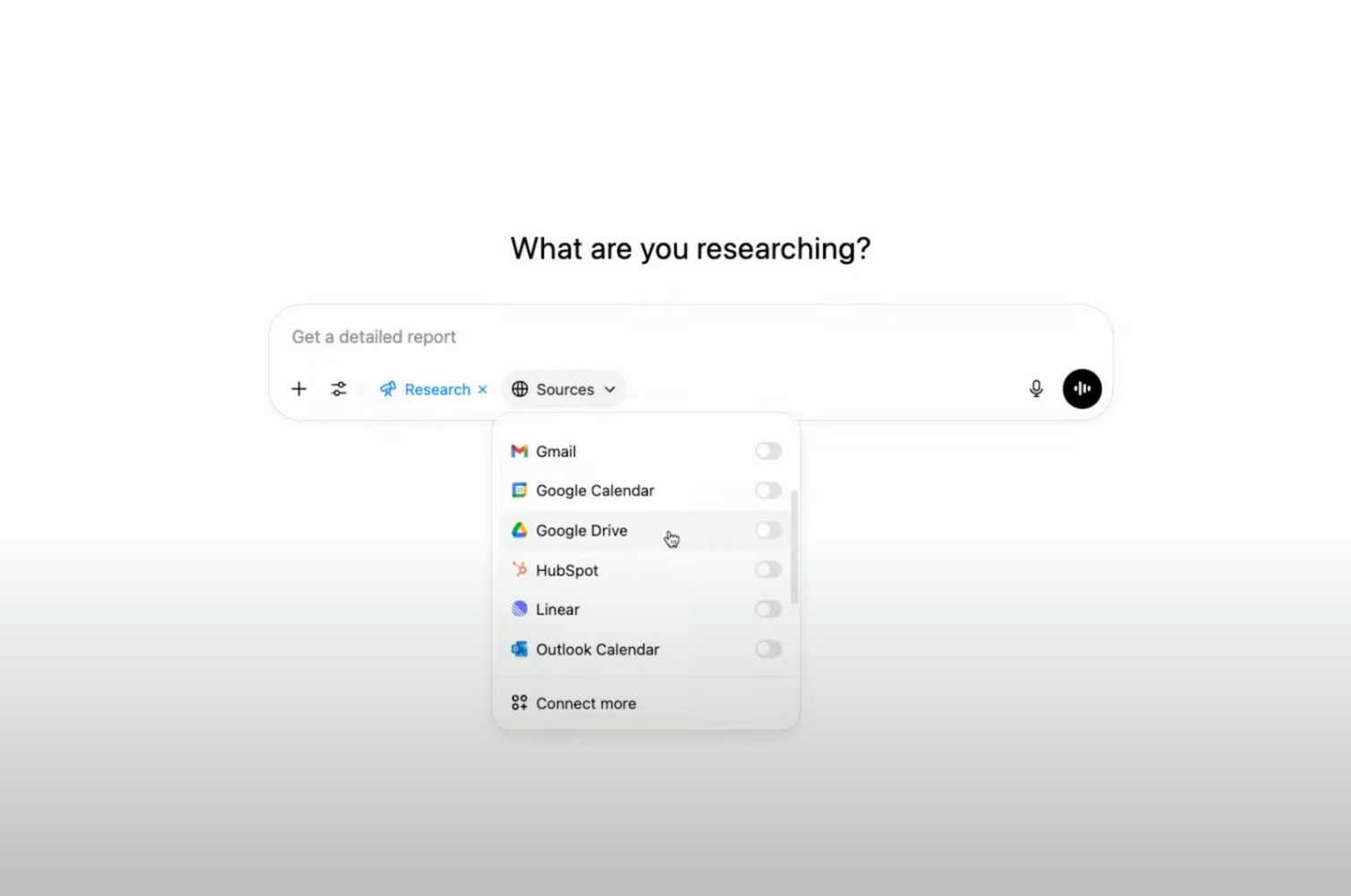
OpenAI CEO Sam Altman said on X earlier this week that ChatGPT o3-pro will launch this summer for ChatGPT Pro users paying $200/month. While o3-pro isnât ready yet, OpenAI has rolled out other updates for ChatGPT users. The company introduced a few new ChatGPT features aimed at delivering a more personal chatbot experience.
Thatâs not surprising since OpenAI wants to turn ChatGPT into a super-assistant this year. Itâs also working on the first ChatGPT io device, expected to launch next year. That kind of hardware will require a much more personal ChatGPT experience.
After bringing chat memory support to ChatGPT Free users on Tuesday, OpenAI shifted focus to enterprise users with new ChatGPT features. That might not mean much to those not using Team or Enterprise tiers, but these updates mark early steps toward making ChatGPT a more personal assistant.
OpenAI introduced a new Connectors feature that lets businesses link ChatGPT to specific data sources. This includes Google apps like Gmail and Calendar, Microsoft apps like Outlook and Teams, and cloud storage services such as Box, Dropbox, and Google Drive.
More interestingly, organizations can add custom Connectors to ChatGPT using that MCP AI feature we mentioned a few days ago. MCP allows AIs like ChatGPT to connect to external sources for information.
As I said, this might sound dull if youâre not using ChatGPT at work, but itâs a key move by OpenAI to solve one of its bigger challenges. Unlike Google and Microsoft, OpenAI doesnât have its own suite of beloved apps. ChatGPT canât access first-party apps the way Gemini can. Thatâs a hurdle if youâre building a super-assistant AI. But if it can link to third-party data sources, that hurdle disappears.
Think of it this way: You could ask ChatGPT to check your Gmail for emails from family and summarize plans for your next get-together. Right now, ChatGPT canât do that.
But if youâre on an enterprise plan, youâll be able to let ChatGPT access your work Gmail and extract the info you need.
OpenAI hosted a livestream about 22 minutes long to demo the new Connectors feature. They created a fictional company with generated emails and cloud data to show how ChatGPT can easily connect to external sources.
The clip shows a Deep Research run where the AI pulls data from internal sources like HubSpot, Outlook, SharePoint, and Teams. The final report includes citations so you can check the documents ChatGPT referenced before summarizing.
Another demo involved asking ChatGPT a question about the companyâs plans. The AI pulled info from internal documents stored in Google Drive and elsewhere, providing links to files the user could access. ChatGPT will only use data that the user is authorized to see.
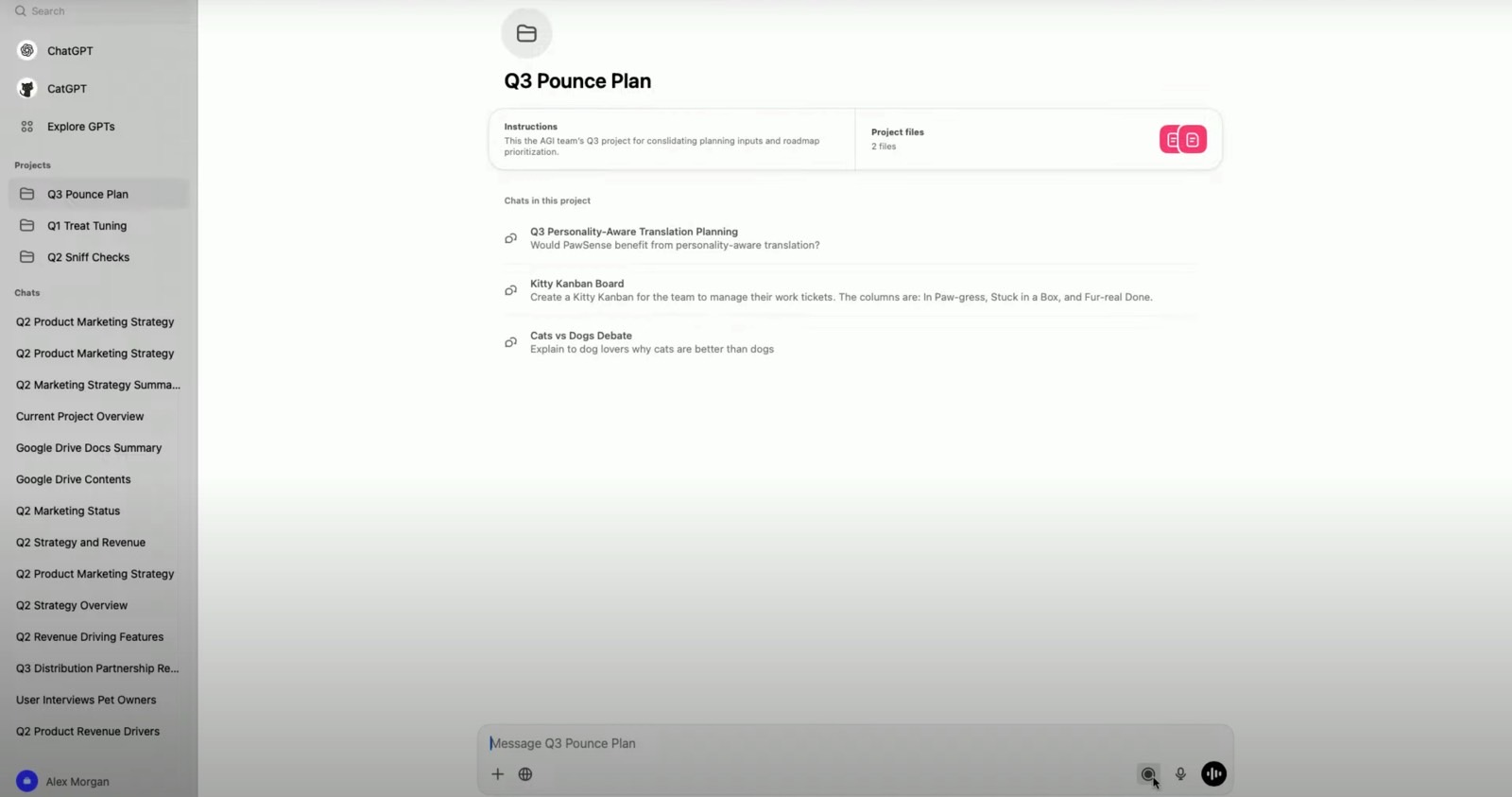
OpenAI also released a new Record Mode for the Mac ChatGPT app that lets the AI record meetings in real time. It will transcribe the meetings and provide summaries with timestamps, so you can jump back to specific parts of the transcription.
The demos targeted enterprise customers, but this is just the beginning. ChatGPT is likely to get more Connectors down the line, eventually opening them up to personal users as well.
OpenAI said on X that Connectors are âavailable in deep research for Plus & Pro users (excl. EEA, CH, UK) and Team, Enterprise & Edu users.â So, like usual, I canât use them yet. Still, this means ChatGPT Plus and Pro users are also getting access.
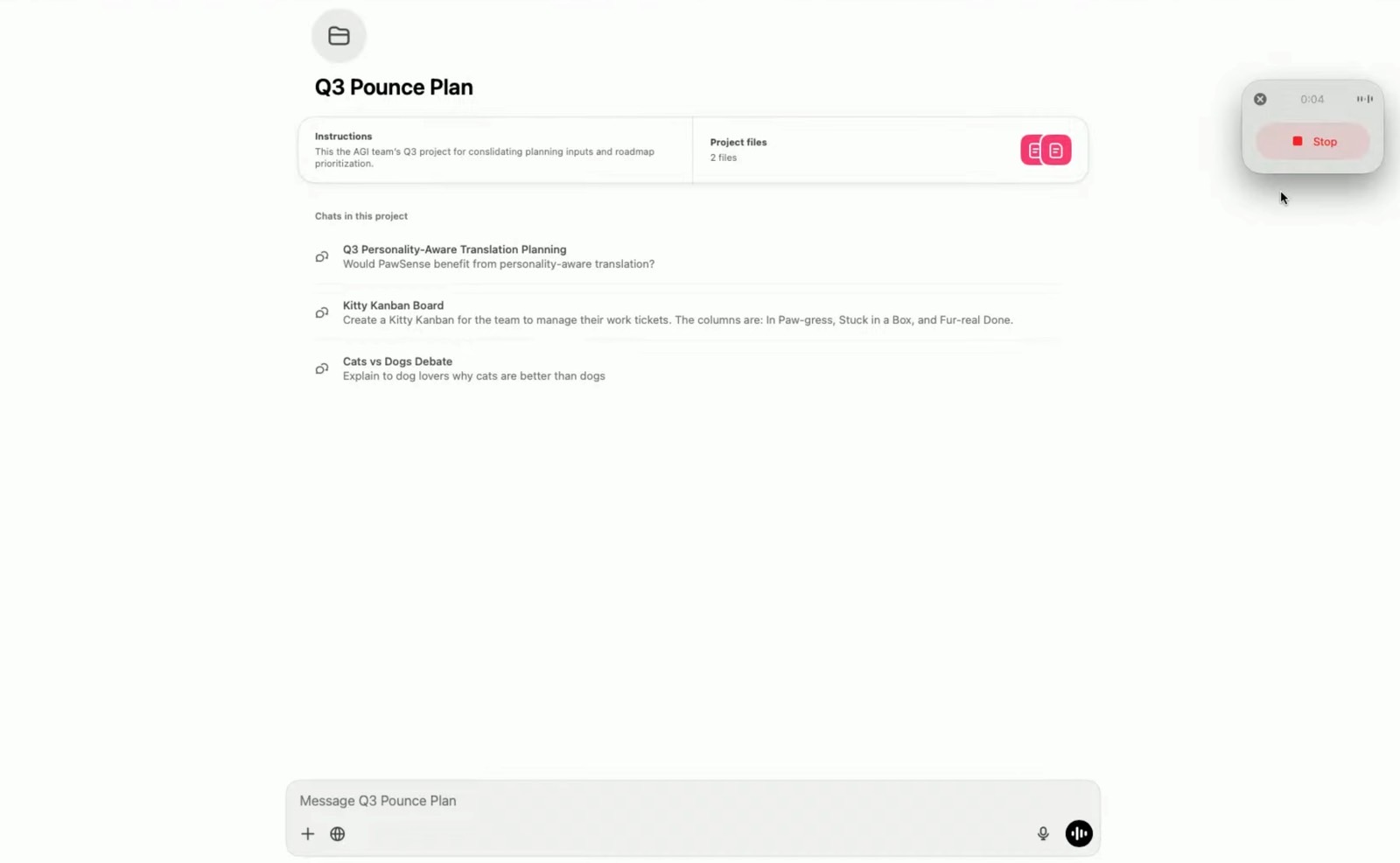
Iâll also note that the recent ChatGPT redesign makes a lot more sense now. OpenAI was clearly setting up the new Composer window to support Connectors.
It wonât be long before ChatGPT becomes a reliable assistant. With memory support and access to personal data sources, itâs getting close.
While we wait, OpenAIâs full demo video is below:















